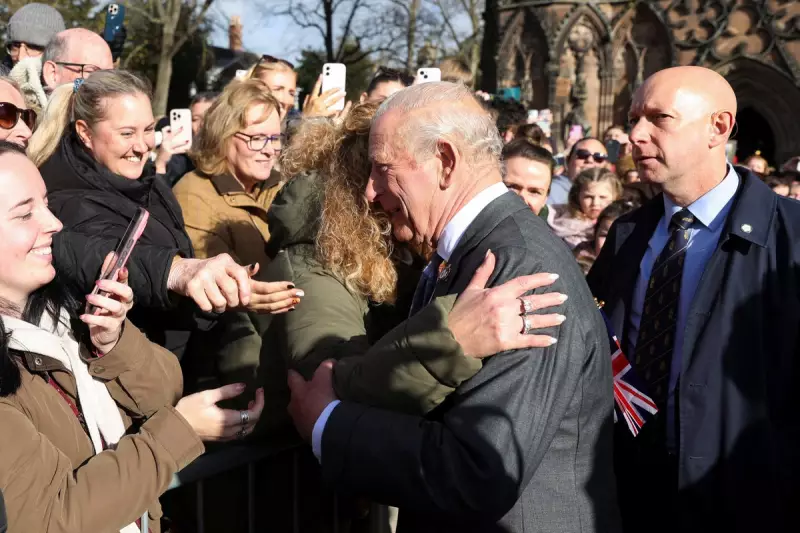
Buckingham Palace faces mounting pressure as senior parliamentarians and anti-monarchy campaigners demand the removal of King Charles from core parliamentary procedures, sparking a constitutional debate about the Crown's modern political role.
The Parliamentary Protocol Under Fire
At the heart of the controversy lies the centuries-old requirement for the monarch to formally approve the election of the Speaker of the House of Commons and sign the parliamentary register. Campaign group Republic, led by chief executive Graham Smith, has written to Commons Speaker Sir Lindsay Hoyle arguing these protocols are "constitutionally absurd" in a modern democracy.
Smith told The Independent: "The idea that the King needs to give his permission for the Commons to elect its speaker is ridiculous and offensive. It's a relic from when the monarch controlled parliament."
MPs Break Royal Silence
Several prominent MPs have broken convention by publicly supporting Republic's campaign. Labour MP Clive Lewis stated: "These archaic processes should have no place in a 21st-century democracy." He emphasised that while respectful of the King as an individual, the institution's political powers need reviewing.
SNP MP Tommy Sheppard echoed these sentiments, describing the current arrangements as "constitutional nonsense" that treats Parliament like "the monarch's private advisory board."
Historical Context Meets Modern Democracy
The campaign highlights the tension between Britain's ancient constitutional traditions and contemporary democratic values. The requirement for royal approval dates back to when monarchs regularly intervened in parliamentary affairs, sometimes dissolving legislatures that displeased them.
Republic argues that with King Charles having previously engaged in political lobbying through his infamous "black spider memos," the need for clear separation between monarchy and legislature is more urgent than ever.
What Changes Are Being Demanded?
- Removal of royal approval for Commons Speaker elections
- Elimination of monarch's signature from parliamentary registers
- Establishment of fully independent parliamentary authority
- Transparent separation between ceremonial and political royal functions
Palace's Delicate Position
While Buckingham Palace has yet to comment publicly on the specific demands, sources indicate the King is aware of the need to modernise the monarchy's relationship with Parliament. The challenge lies in balancing constitutional tradition with evolving public expectations about democratic transparency.
As Smith summarised: "This isn't about personality - it's about principle. Either we're a democracy where Parliament is sovereign, or we're not."
The coming months will test whether Britain's ancient constitution can adapt to 21st-century democratic standards, or whether royal prerogatives will continue to shape parliamentary procedure.





